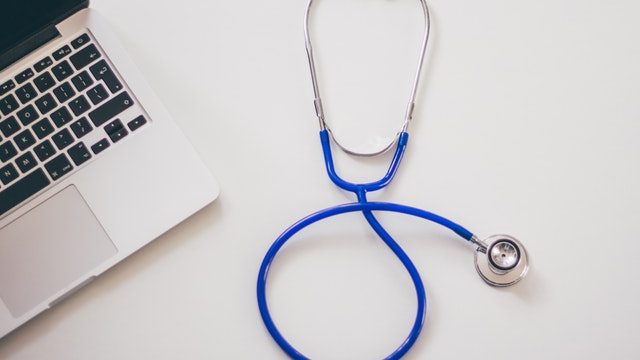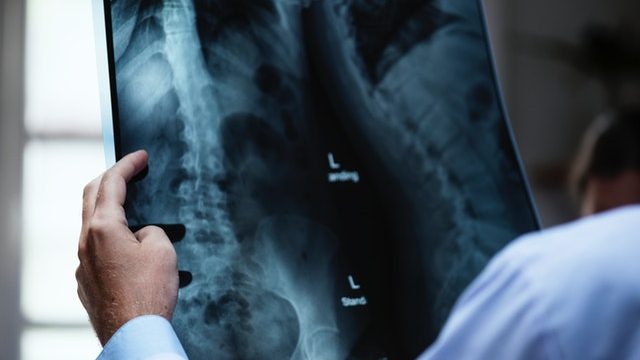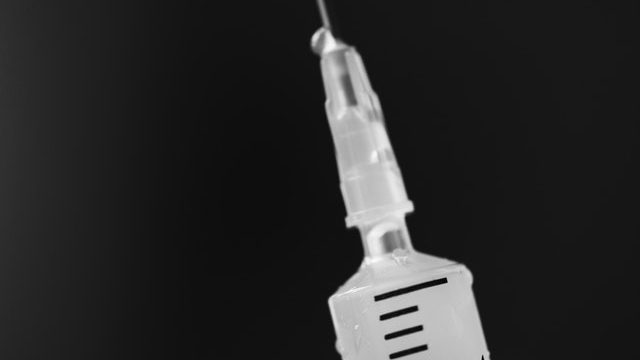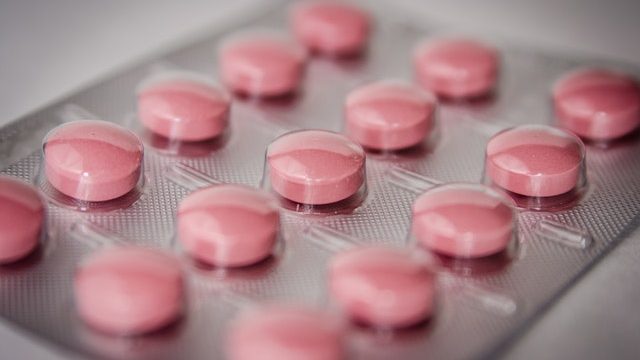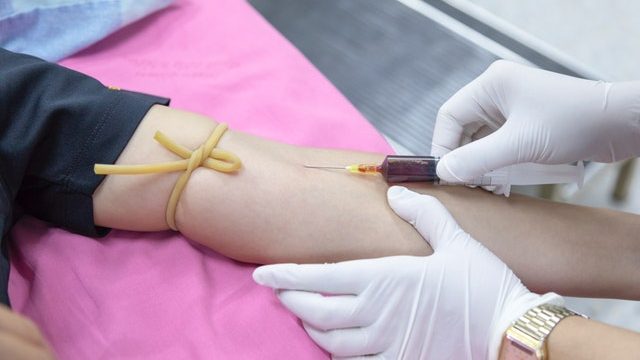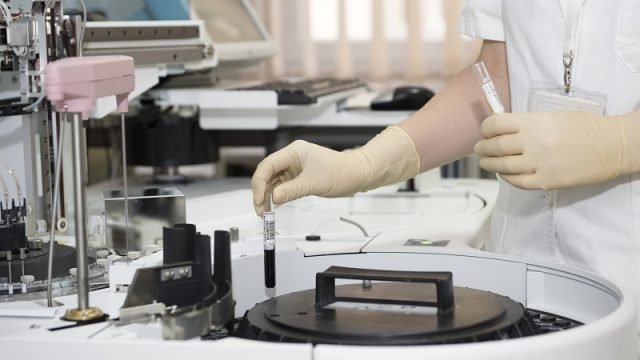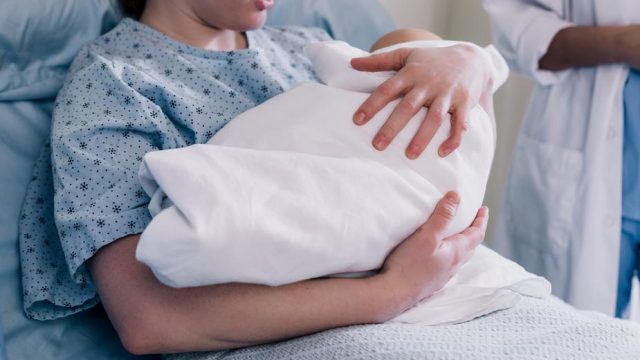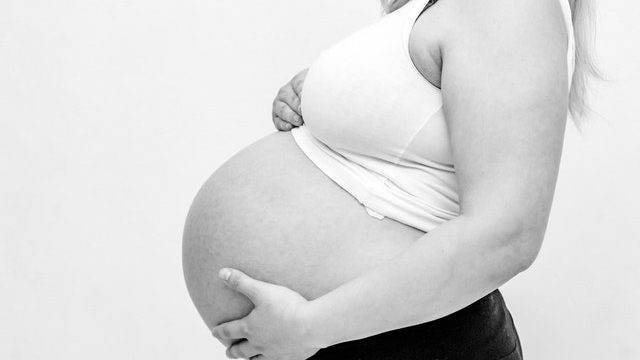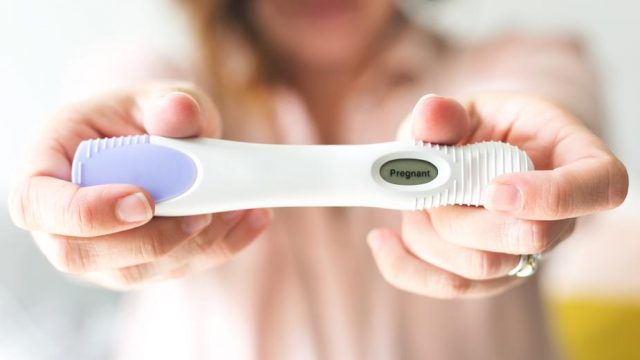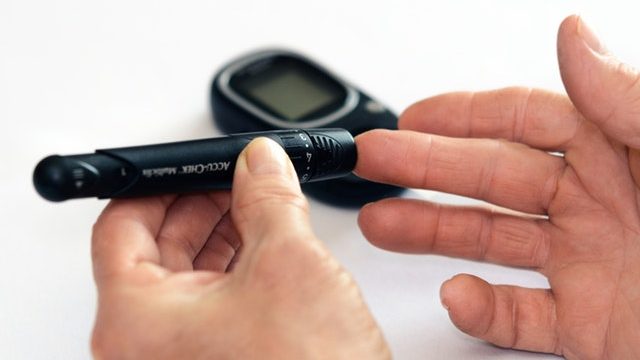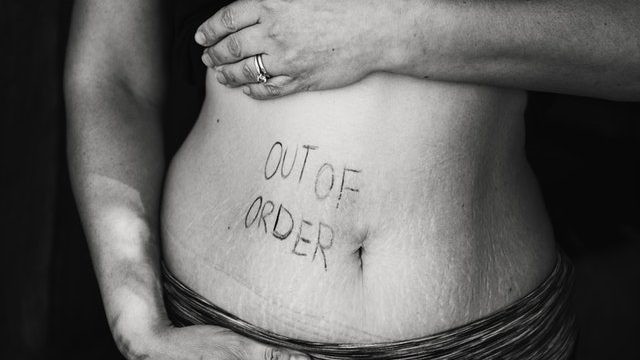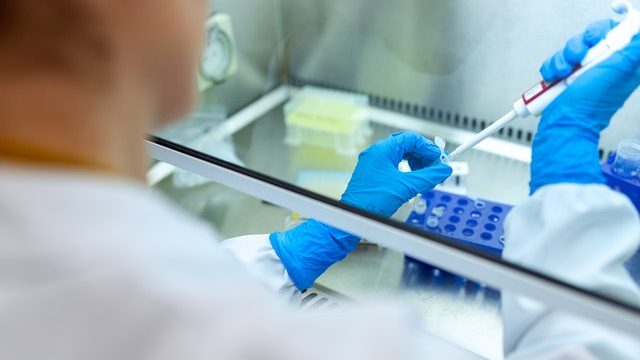Many times women approach us for PCOS treatment. Women with PCOS have a hormonal imbalance and metabolic problems that may affect their overall health and appearance.
What is PCOS?
Polycystic ovary syndrome (PCOS), is a common health problem caused by an imbalance of reproductive hormones which affects the follicle (egg) production in the ovaries. In PCOS, the egg may not develop or may not release thereby leading to changes in periods and difficulty in conceiving.
How does PCOS affect you?
It affects about 5% and 10% of women between 15 and 44 years of age. Women of all races and ethnicities are at risk of hS. Various genetic and hereditary factors also contribute to PCOS.
What is the cause of PCOS?
The exact cause of PCOS is not known. Several factors play a role.
- Women with PCOS have more androgens than normal. Higher androgen levels prevent the release of an egg from the ovary during each menstrual cycle and can cause extra hair growth and acne.
- High levels of insulin. Women with PCOS have Insulin resistance i.e. the cells of the body do not respond to insulin as they should. The body compensates by making more insulin. These high levels can interfere with hormone production in the ovary. Insulin resistance can lead to type 2 diabetes in the future.
Symptoms of PCOS
- Irregular menstrual cycle. They are commonly delayed.
- Infertility. The hormonal imbalance interferes with the growth and release of eggs from the ovaries thereby leading to difficulty in getting pregnant.
- Hirsutism. this is the presence of too much hair on the face, chin, or parts of the body where men usually have hair.
- Pimples or Acne on the face, chest, and upper back
- Hair loss or thinning on the scalp suggestive of male-pattern baldness.
- Weight gain or difficulty losing weight.
- Acanthosis nigricans which is darkening of the skin, particularly along neck creases, in the groin, and underneath breasts
PCOS and other metabolic issues. PCOS can eventually lead to various other health issues such as
- Diabetes
- High blood pressure
- High cholesterol
- Heart disease
- Stroke
- Sleep apnea
- Depression and anxiety
- Endometrial cancer
Diagnosis of Polycystic Ovary Syndrome
There is no single test to diagnose PCOS. It involves a clinical examination and some investigations.
- Clinical check beside the routine includes blood pressure, body mass index (BMI), waist size, assessment for hair, acne, and acanthosis
- Pelvic examination.
- Pelvic ultrasound (sonogram
- Blood tests. These include tests for various hormones lipids and tests for Insulin Resistance/diabetes.
- PCOS is diagnosed if at least two out of three of the following symptoms are present
- Signs of abnormal ovulation
- Signs of high levels of androgens
- Polycystic appearance on one or both ovaries.
PCOS Treatment
There is no cure for PCOS, but one can manage the symptoms of PCOS.
PCOS Treatment depends on various factors such as current symptoms, risk of health issues for the future and the desire for fertility.
Lifestyle measures: Losing weight in case you are overweight is the single most important step. Healthy eating habits and regular physical activity can help relieve PCOS-related symptoms.
Manage the hair growth: Various methods such as hair removal creams, waxing, laser hair removal, electrolysis are effective and can be used.
Hormonal birth control, in the form of the pill, patch, injections or vaginal ring, and hormone intrauterine device (IUD) is used very effectively for management of the periods, acne and hair growth. Additionally, they provide birth control where required.
Anti-androgen medicines: These medicines block the effect of androgens and help reduce acne and hair growth.
Metformin: Metformin is often used to treat type 2 diabetes and is useful in some women with PCOS. It helps in managing insulin resistance and lowering cholesterol. It can improve ovulation thereby assisting regulation of periods and facilitating ovulation.
Management of infertility: This requires the use of ovulation induction drugs and assisted reproductive techniques.
Surgery: Ovarian drilling is a surgery in which few holes are made on the surface of the ovary using lasers or a fine needle heated with electricity. It can restore ovulation in some patients, but they have to be selected carefully. Too many holes can be detrimental.
PCOS Impact On Pregnancy
PCOS patients have a higher risk of:
- Miscarriage
- Gestational diabetes
- Preeclampsia
- Caesarean section (C-section)
- Increased perinatal morbidity
- Increased chances of twin or multi-fetal pregnancy (secondary to Assisted reproductive techniques).
- It is advisable to control weight and have a healthy lifestyle to improve the outcome of pregnancy.





